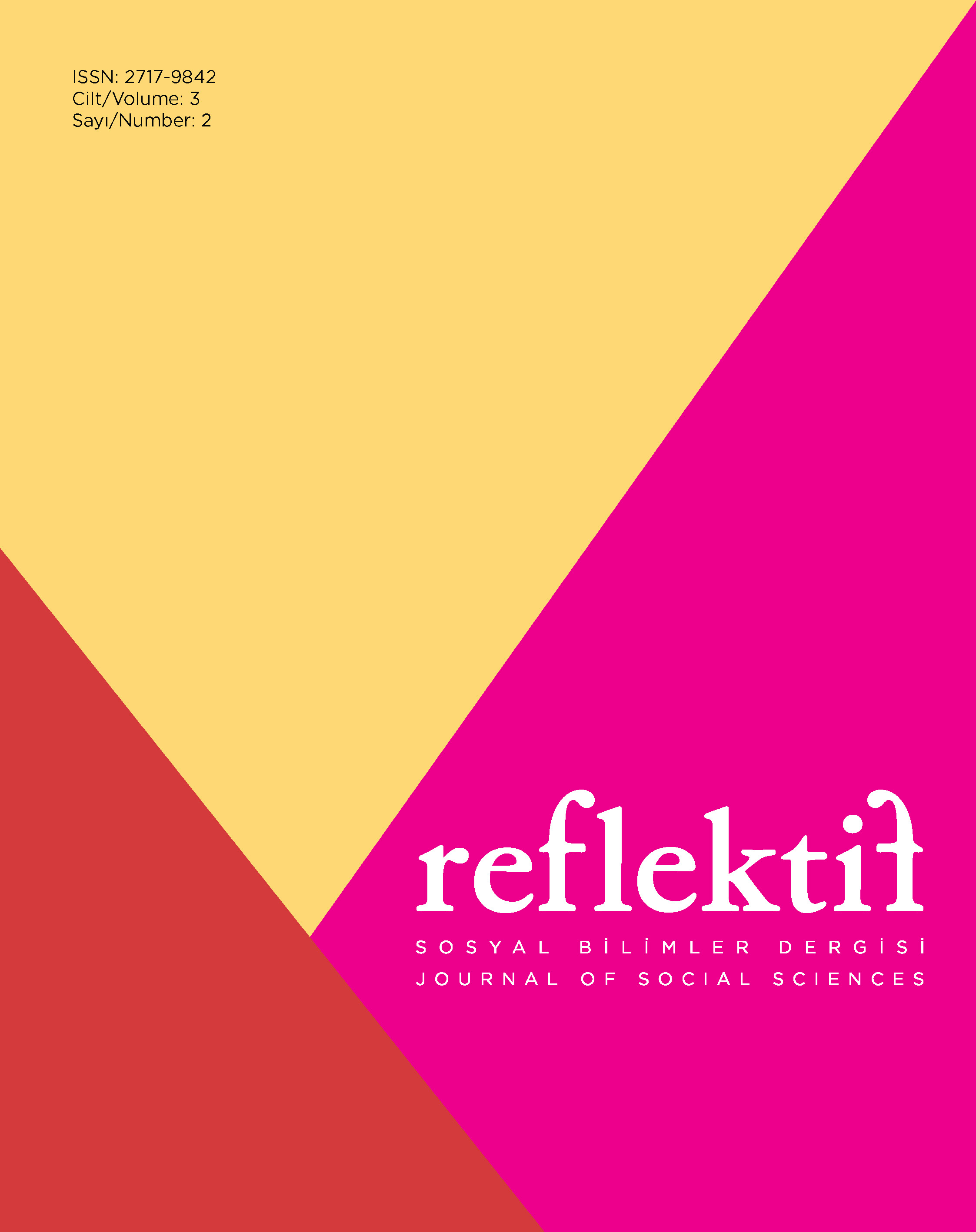Covid-19 Anti-Vaccination of Parents on Twitter: A Thematic Analysis
DOI:
https://doi.org/10.47613/reflektif.2022.72Keywords:
Covid-19, anti-vaccine, social media, Twitter, thematic analysisAbstract
Vaccine studies against the Covid-19 virus were carried out at an unprecedented pace, and the vaccines developed were started to be implemented one year after the start of the pandemic. However, vaccine hesitancy has been spreading increasingly. In the digital age, social networks are both the center of misinformation produced and spread by the anti-vaccine movement and the first point of reference in the search for health-related information. Thus it increases the possibility of individuals with vaccine hesitancy to be affected by anti-vaccine discourses. Understanding the reasons for anti-vaccination is the starting point of the struggle. This study; it was conducted to explore the reasons of parents who are against the Covid-19 vaccine for children in Turkey. Anti-vaccination parents’ tweets, grouped under various hashtags on the Twitter, were recorded, and 1292 tweets were selected out of 10 thousand 732 tweets and analyzed with thematic analysis method. Findings; showed that vaccines were opposed with seven main themes: disease-centered reasons, vaccine-centered reasons, religion-centered reasons, trust-centered reasons, nationalism-centered reasons, child-centered reasons and rights-centered reasons. It has been determined that the parents who are in search of scientific information about the vaccine are more hesitant about the vaccine than against the vaccine. It is thought that the results of the study will increase the power of the fight against vaccination by providing a better understanding of the reasons for vaccine rejection, and facilitate the global and local control of the pandemic.
Downloads
Published
How to Cite
Issue
Section
License
Copyright (c) 2022 Gülden Özkan

This work is licensed under a Creative Commons Attribution-ShareAlike 4.0 International License.
All manuscripts which are submitted to the REFLEKTIF Journal of Social Sciences should not be published, accepted and submitted for publication elsewhere.
In case an article is accepted for publication it is allowed to combine the article with other researches, to conduct a new research on the article or to make different arrangements on condition that the same license is used including the commercial purpose.
As an author of an article published in REFLEKTIF Journal of Social Sciences you retain the copyright of your article and you are free to reproduce and disseminate your work.




